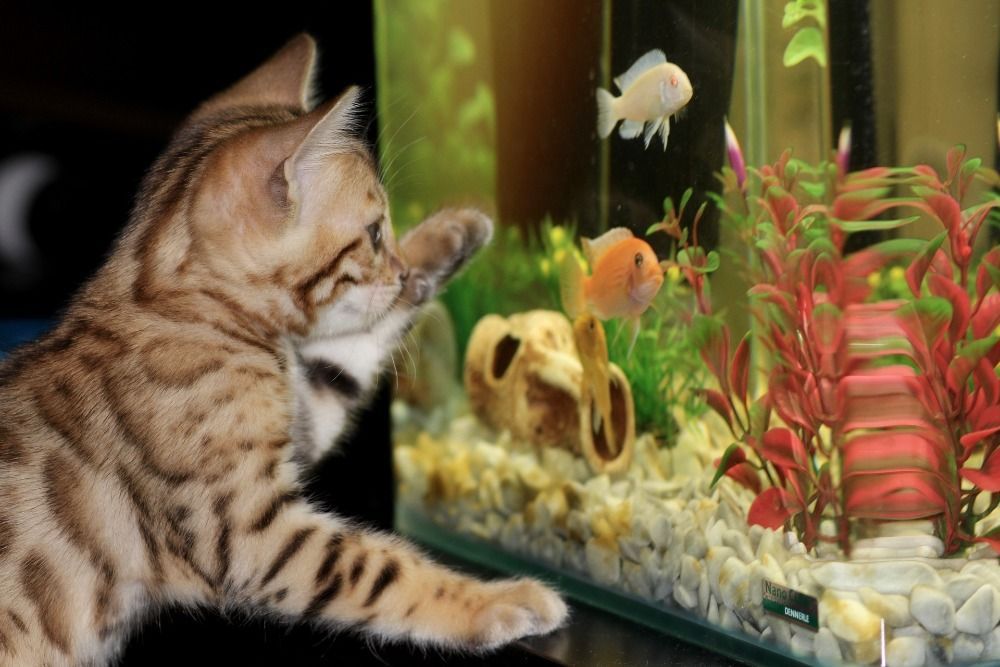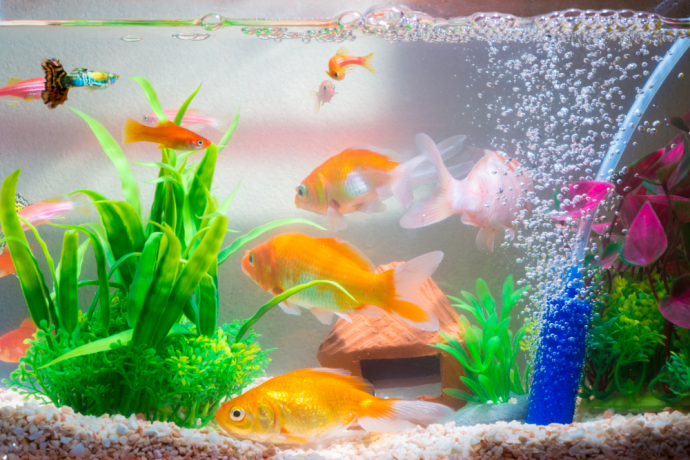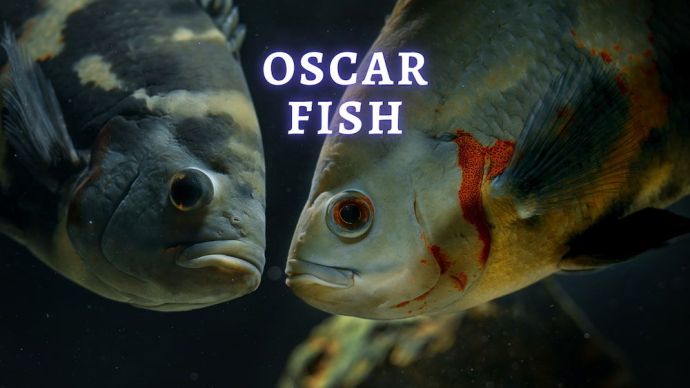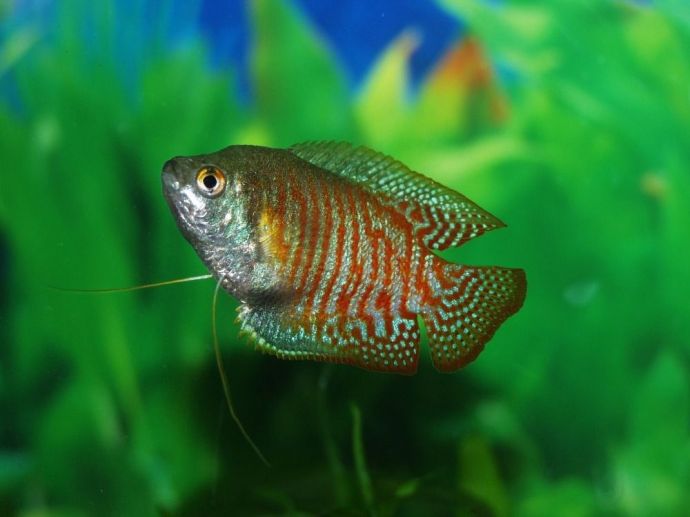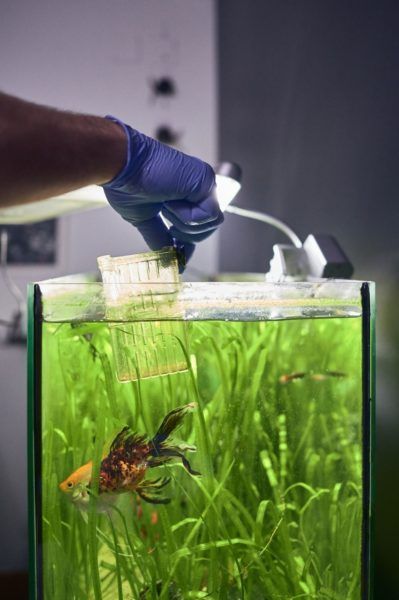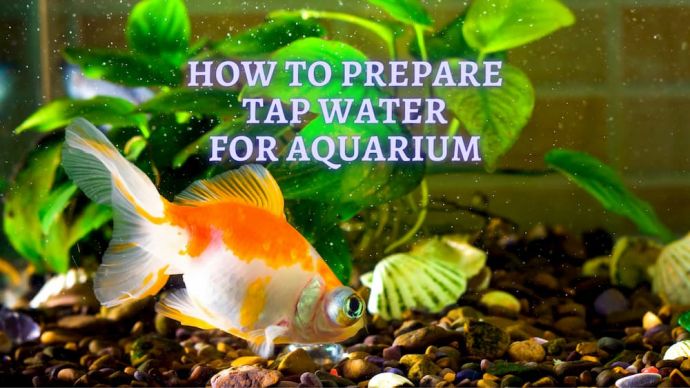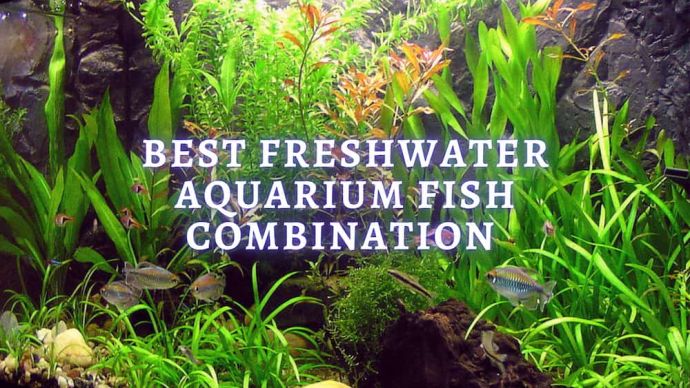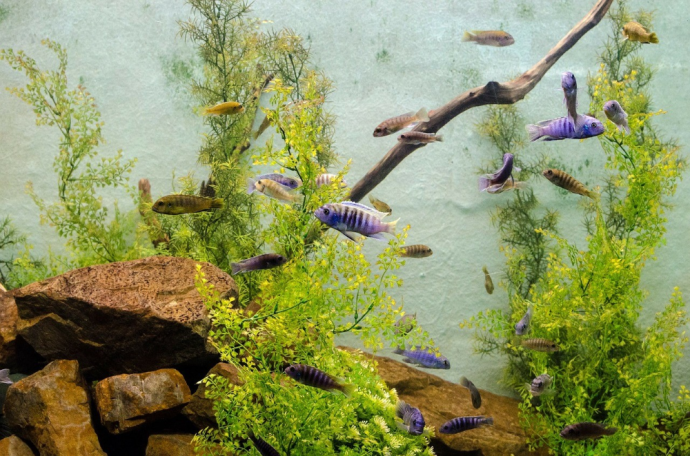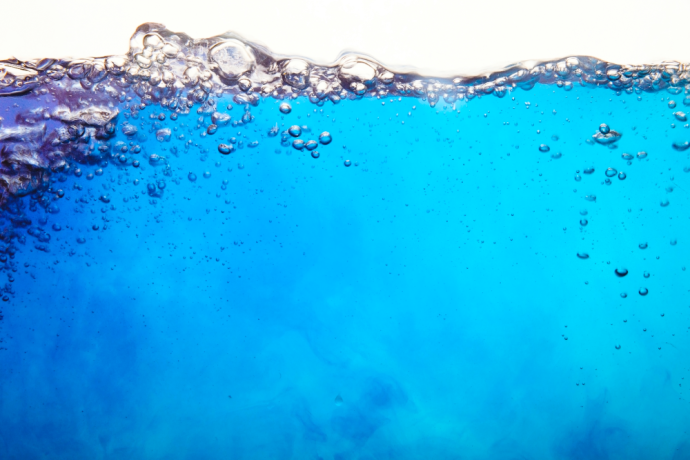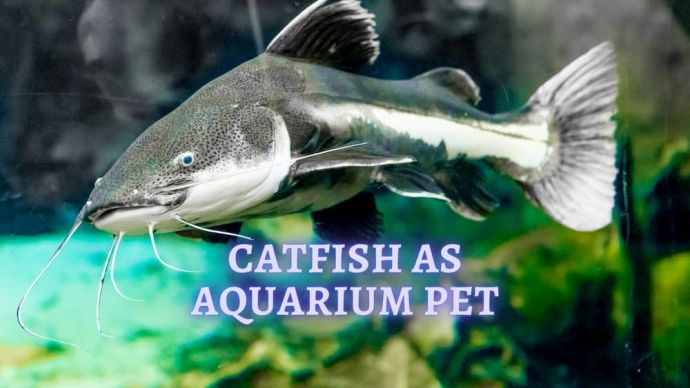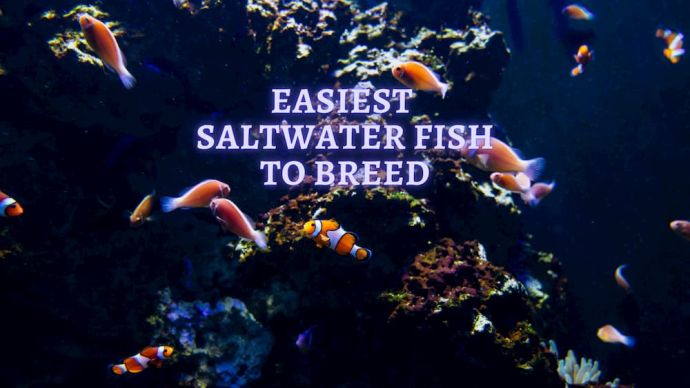How to Take Care of a Freshwater Fish Tank?
Written by:
Author: Alina Andreeva
Alina A. is a professional writer, editor, and pet-lover. She has published over 50 articles on how to care for pets properly. Alina has been writing articles for 3 years, so she has considerable experience in this niche. Her natural curiosity helps her to expand her knowledge and learn new pet care life hacks, which will make your life much easier.
View all 79 articlesLearn about our editorial process and veterinary review board.
Viewed: 151
Updated on: 03/03/2021
Every aquarium owner should know how to take care of its inhabitants and keep it fresh and clean. If you just bought an aquarium and didn’t know how to deal with it, this article will help you to learn the whole process of proper care in detail.
READ MORE: Best Fish Tanks
How to clean an Aquarium?
So, you bought an aquarium, laid the substrate at the bottom, filled it with water, and added fish and plants. Now that everything is done, you need to clean it from time to time. Each tank is a unique system, which requires its own individual approach. The procedures you need to perform depends on the size of the aquarium, its design, the number of aquatic inhabitants, and equipment features.
Experienced aquarists change the water in an aquarium once a week, but there are exceptions. It is recommended that the water be changed more than 1/5 of its volume and once a week. So as not to miss any procedure, set up a tank care schedule. If you analyze all in detail, it takes approximately 10-30 minutes per week. It is not so much if you want your water world to be impeccable.
Every day you need to monitor the health of your aquarium inhabitants and regularly feed them. Do not forget to check the health of the aquarium equipment. It is better to inspect the fish during feeding. When you put food in your tank, the fish float up to the glass, and you can easily see them. If you have nocturnal inhabitants, wait until the evening when it gets dark outside, turn off the light in the room and carefully inspect them with a flashlight. If you find sick fish, immediately remove them from the aquarium and put them in quarantine. Try to catch dead fish in time, not allowing them to decompose and healthy individuals to feed on a decaying body.
This is for the daily care of the tank. If we talk about weekly care, it primarily consists of changing the water. Also, the list of weekly operations includes a thorough cleaning of glasses and all decorative elements, cutting of aquatic plants, cleaning the soil and washing the filter.
How to change the Water in an Aquarium?
The volume and frequency of water changes depending on the size of your aquarium. These two operations are affected by the percentage of nitrates in the tank water. It is recommended that you first change no more than 1/5 of the water volume. If the amount of nitrates rises sharply, you should change the size of the water that you need to replace. Change a third of the total volume of water several times. To make it convenient, you need to purchase a special siphon.
READ MORE: Best Canister Filters for Aquariums
How to Clean Aquarium soil?
During the water change, most aquarists use a unique device to change the substrate. You can drain the soil and remove detritus from its surface. You should do it with extreme caution in order not to disrupt the general structure of the ground. Ignorance of this rule can severely disturb the bio processing of organic waste that occurs inside the aqueous substrate. You can also disrupt the bottom filtration if you continuously move the soil layer.
This leads to an increase in the amount of ammonia and nitrites. The bacteria that live on the surface of the soil takes a very active part in the nitrogen exchange cycle of an aquarium. If you change or mix the layers of a substrate, these bacteria will simply die due to the lack of oxygen. You should worry when the clogging has reached a critical point. In this case, reduce the amount of food you give to the fish.
READ MORE: Guppy Fish Tank Mates
What to do with Aquarium waste?
Here we are talking about the dirt that is entirely invisible to the human eye and that not every filter can remove. These are decay products that settle in large quantities. They are very harmful to aquatic inhabitants and the whole tank. Only water changes and the proper course of the nitrogen cycle can prevent fish from getting poisoned by these wastes.
Solid grains and particles that float in an aquarium do absolutely no harm to the fish. They also secrete invisible excrement in the form of ammonia. In high concentrations, it can be toxic to aquarium inhabitants. It turns out that removing substantial parts from the tank is only half the battle. Do not worry much about this. This situation is typical in the aquarium system. Bacteria of nitrogen recycle waste, provided that the aquarium has an average biological balance. There are situations when the aquarium environment looks very clean, and there’s nothing to complain about, but the concentration of ammonia with nitrates just rolls over. This can happen only when the intensity of the nitrogen cycle is severely impaired, and all the toxic substances in the aquarium are not completely processed.
READ MORE: Best floating plants for Aquarium
How to remove Algae?
You must manually remove algae from all the walls of the aquarium. Also, you can also remove some decor elements, and do this with a variety of wipers made of magnets and scrapers. Clean the corners of the aquarium with a blade scraper carefully because you can disrupt the structure of the joint sealant, and the consequences will be disastrous.
Aquarium filter care depends on the type of filter. Filters can be biological, mechanical, and chemical. If you clean your fish tank according to the instructions, it will all be quite straightforward.
READ MORE: Why can’t Saltwater Fish live in Freshwater
The bottom line
This basic set of knowledge is enough for the first period after buying and setting up an aquarium. Step by step, you can become an experienced aquarist. The main thing is to do everything prudently and wisely, and the aquarium world will bring you only joy and pleasure.
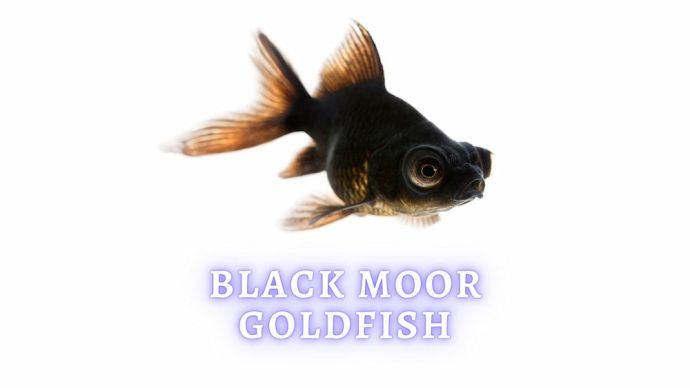 Freshwater Fish A Guide to the Black Moor Goldfish: Tank Setup, Temperatures and Care Routine
Freshwater Fish A Guide to the Black Moor Goldfish: Tank Setup, Temperatures and Care Routine - 136
- 0
 Freshwater Fish Betta Fish Temperatures: Guide To The Perfect Betta Fish Water Temperature
Freshwater Fish Betta Fish Temperatures: Guide To The Perfect Betta Fish Water Temperature - 253
- 0












